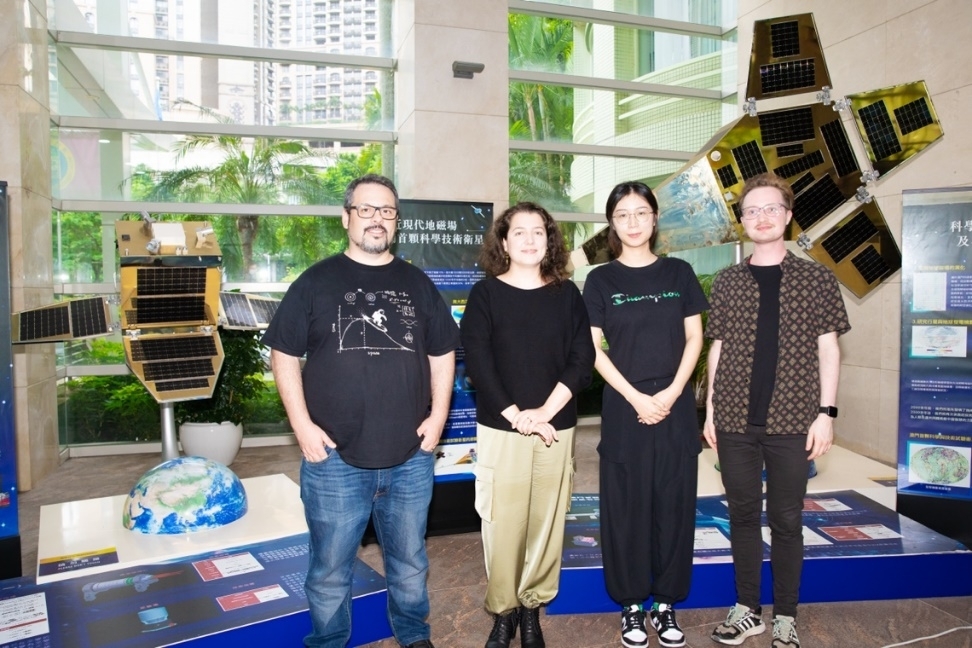a research team from the state key laboratory of lunar and planetary sciences (sklplanets), macau university of science and technology (m.u.s.t.), has been selected as one of the two awardees for the second round of the prestigious hyperges fellowship programme. this programme is offered by the united nations office for outer space affairs (unoosa) in partnership with the european space agency (esa) and provides the opportunity for scientists and researchers from member states of the united nations to join the large diameter centrifuge hypergravity experiment series (hyperges) and access the large diameter centrifuge (ldc) facility located at the european space research and technology centre (estec) in noordwijk, the netherlands. the ldc provides a variety of acceleration values ranging from 1-20 times higher than earth’s gravity, unlocking the possibility of a wide range of experiments.
the m.u.s.t. team, from the astrobiology research group of the sklplanets, is coordinated by assistant professor marta filipa simões, who will be leading this exciting and unique project. results from this study aim to generate knowledge and help create solutions for sustainable development and human well-being both on our planet and beyond. the research work falls under the scope of astromycology, a field that benefits immensely from augmented gravity conditions, and will analyze the medical and biotechnological potential of fungi for future space exploration. this award is of great importance and prestige as recognized by chair professor keke zhang, associate vice-president of m.u.s.t. and director of the state key laboratory of lunar and planetary sciences, who stated that "it is an honor for our institution to have the project "hyperspacex - medical and biotechnological potential of fungi in hypergravity for space exploration" awarded for the hyperges. we are very grateful to unoosa and esa for recognizing the potential of our team and the relevance of the proposed work. this opens the opportunity to develop new approaches for using fungi to support space exploration while helping to establish and develop the field of astromycology. future missions will certainly benefit from the results derived from this research."

sklplanets (m.u.s.t.) research team led by assistant professor marta filipa simões (center left)

